Moguls and locals: Who owns the Premier League and why we need to level the playing field
Stan Kroenke, who owns two thirds of Arsenal, this week launched a controversial TV channel dedicated to blood sports and killing endangered species, then backed down after protests. From the vicious, corporate mafiosi to the virtuous local lads, Andy Martin dishes the dirt on the rest of the clubs' owners
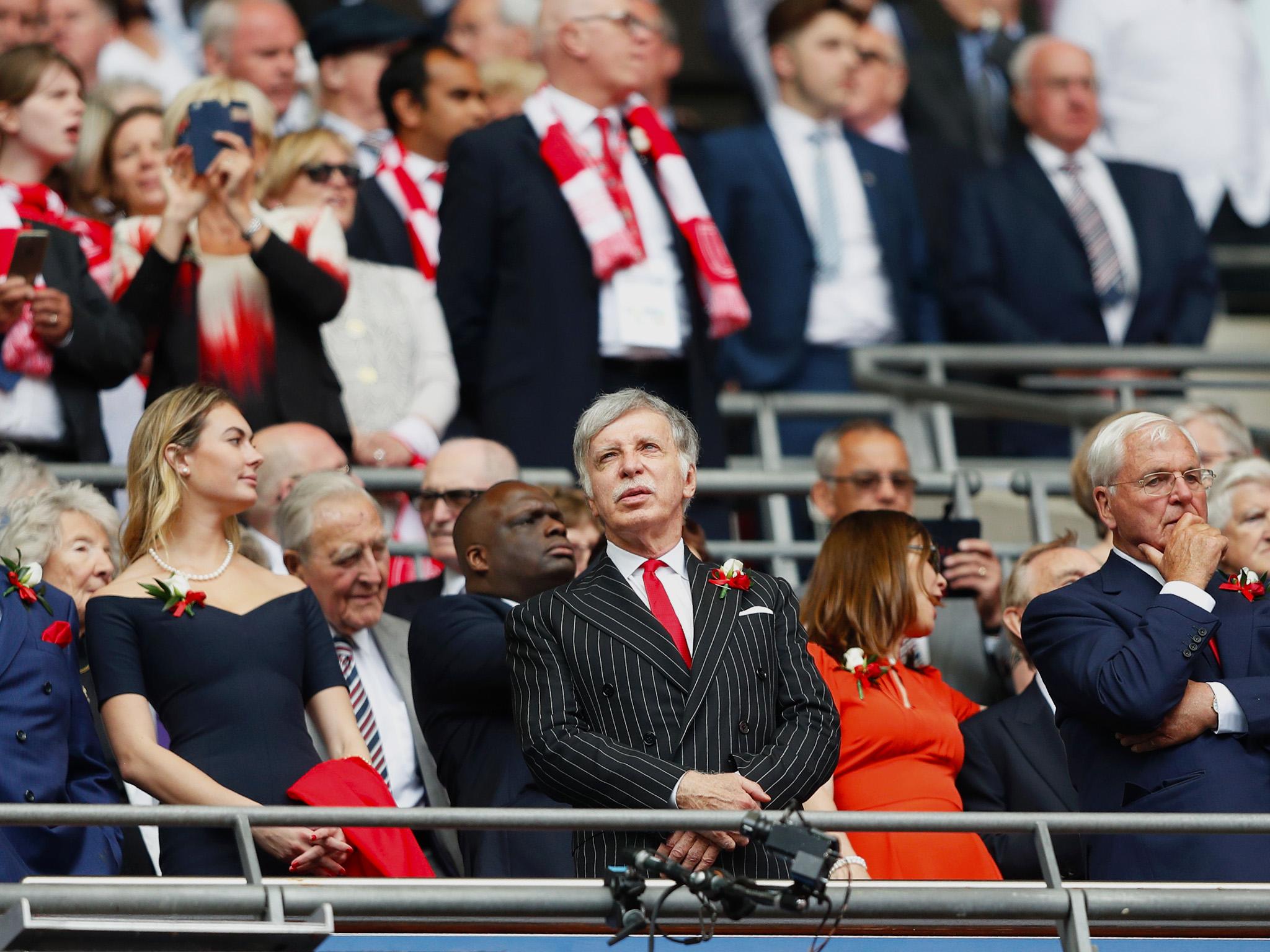
My heart went straight through my boots. I had made the fatal mistake of premature consultation of the Premier League table. Have a look, if you will. West Ham United (my team) are right at the bottom, propping up everyone else like Atlas, and squarely in line for relegation. Arsenal are top, ahead of Bournemouth and Brighton. Leicester and Liverpool are vying for mid-table mediocrity. The reason being of course that so far it is all alphabetical. A, for the time being, on the first day of the new season, comes out ahead of W.
As far as the numbers (points, goals for and against, games lost, drawn and won) are concerned, everything is set to zero. There’s something beautiful about that. Like a factory reset. Theoretically. Because in reality nothing is set at zero. There are a lot of zeroes involved, but they usually have some other number preceding them. Behind the scenes telephone numbers are being shuffled around from one bank account to another. So the question is where does it all come from? Who writes the cheques?
On its 25th anniversary, who owns Premier League clubs? There is one striking theme in Premier League football. As elsewhere, there is a lot of global capital sloshing about. You may say there is nothing more powerful than money. But here and there it runs up against the solid ground of local entrepreneurs who are also fans.
I want to maintain my usual BBC-style balance and objectivity, so I won’t put my cards on the table and say whether I am supporting vicious globe-trotting throat-cutting military-industrial corporate mafiosi or virtuous local lads. I am completely unbiased. It’s oligarchs vs underdogs. The Premier League holds up a mirror to the world economy. “We was robbed” takes on a whole new mean
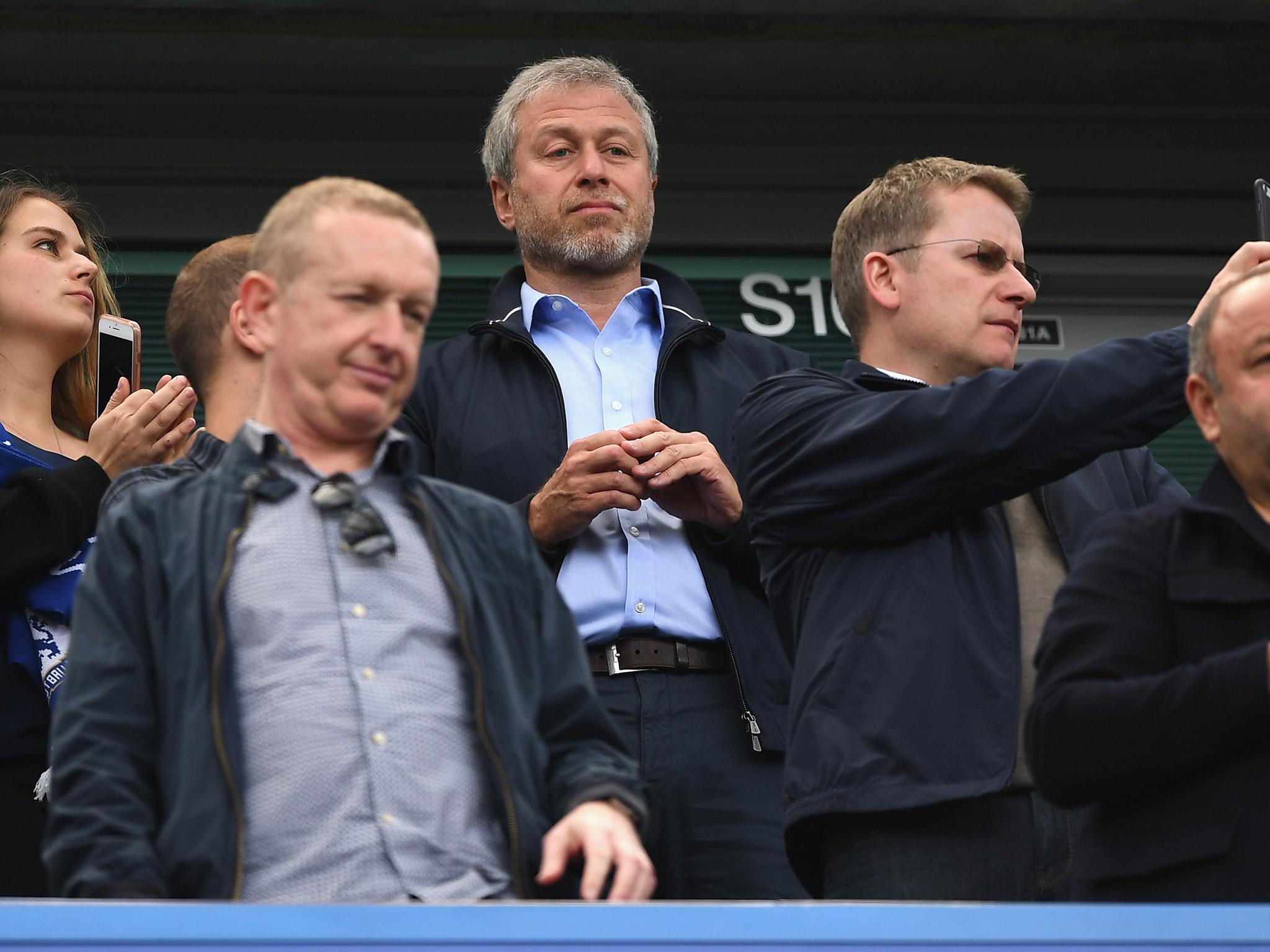
Arsenal: The club is worth around £1.5bn – the sixth most valuable club in Europe. I’ve long had a soft spot for them. They’re like a more upscale West Ham in terms of unpredictability and flakiness. And they have a French manager. But I now hope they go down. On account of their owner. Stan Kroenke, who owns more than two-thirds of the club, is also the owner of assorted American teams, the Denver Nuggets of the NBA and the Los Angeles Rams of the NFL. He qualifies as a “sports mogul”. But this week he launched a new TV channel in the UK (MyOutdoorTV) dedicated to bloodsports, hunting and killing potentially endangered species, like lions and elephants, for the pleasure and glorification of stupid idiots with big guns. Sad stuff, Stan. Robert Peston, an Arsenal supporter, tweeted: “I feel sick.” Minority owner, Alisher Usmanov, an Uzbek-born Russian businessman and former fencer, made his money out of mining. Now he’s the fifth richest person in Britain, according to The Sunday Times. Did time in jail.
Bournemouth: Seventy-five per cent owned by AFCB Enterprises Ltd, behind which is the Opalus Trust, behind which is Maxim Demin. Demin is another Russian businessman. But even more mysterious. Never gives interviews. Remaining 25 per cent largely owned by Matthew Hulsizer, a Chicago financier, and his wife Jenny Just, joint owners of Peak6 Investments in Chicago.
Brighton & Hove Albion: Only one goal away from non-league status a few years back. Main man is Tony Bloom, local lad, from a family of Seagulls fans. Voted Brightonian of the year in 2009. I used to live there and go to the old Goldstone Ground. They’ve since built a new one, the Falmer (or American Express Community) Stadium. I reckon I might go back.
Burnley: Mike Garlick, chairman, Burnley born and bred. Head of a project management company.
Chelsea: Roman Abramovich. Oligarch. Russian.
Crystal Palace: Owned by a consortium, British (Steve Parrish) and American (Joshua Harris and David Blitzer).
Everton: Owner, Farhad Moshiri. British, born in Iran, resides in Monaco, former stakeholder in Arsenal, and business partner of Alisher Usmanov (Arsenal). So what happens when Arsenal play Everton – do they fall out?
Huddersfield Town: Dean Hoyle, based in Huddersfield, founder (together with his wife Janet) of the Card Factory, a chain of greetings cards and gift stores. Lifelong Huddersfield Town supporter.
Leicester City: Vichai Srivaddhanaprabha, Thai billionaire, founder and CEO of King Power duty-free shops. Recently bought a second football club in Belgium.
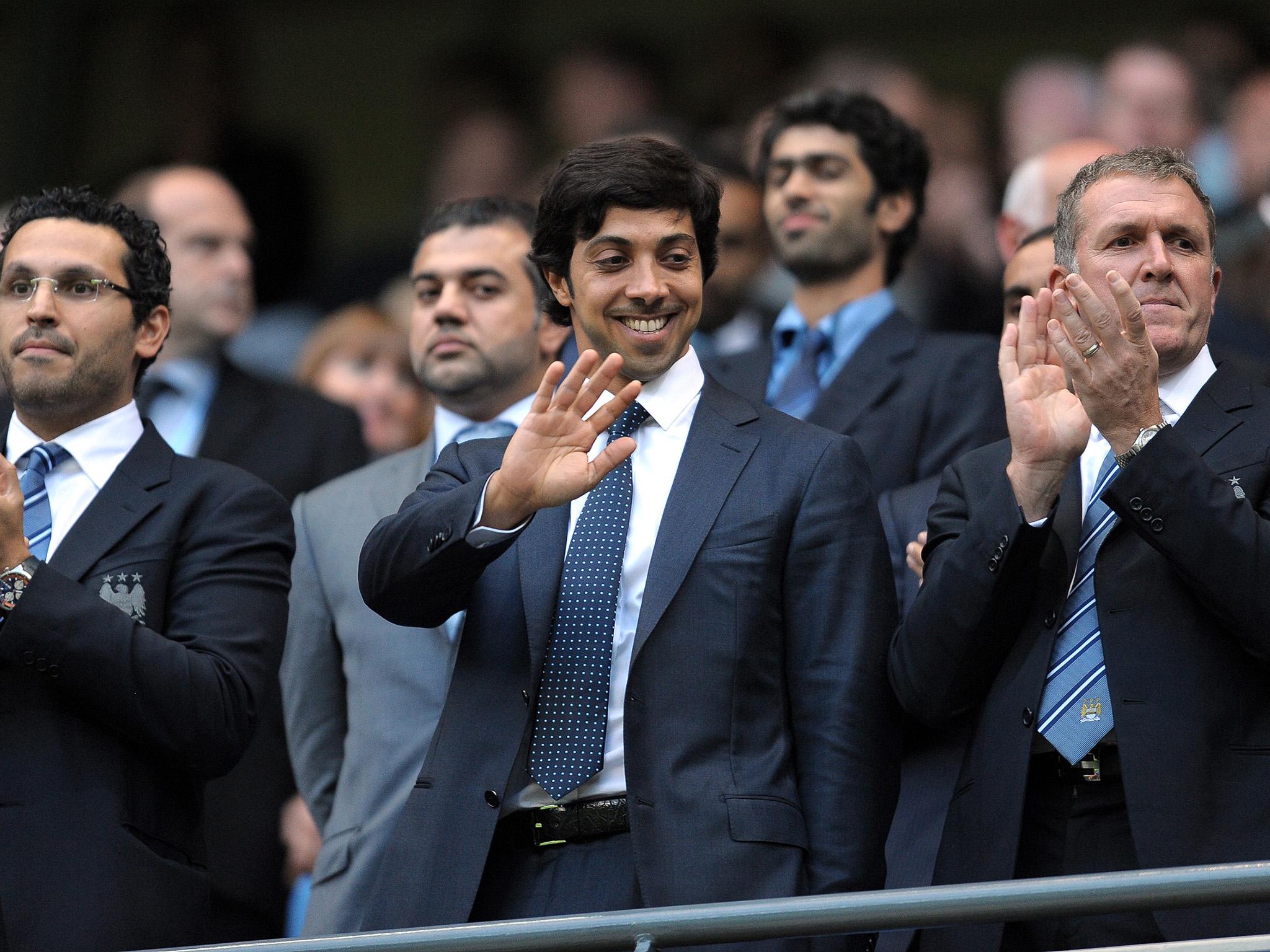
Liverpool: John W Henry, owner of Fenway Sports. Owns Boston Red Sox. Does something cute with commodities called “the trend-reversal method”. Maybe West Ham could apply that to football.
Manchester City: Sheikh Mansour. Oil billionaire and deputy prime minister of the United Arab Emirates. My Man City friend Tim says he only remembers his wedding anniversary because of Man City winning the Premier League at the last possible moment and wiping the smile off Alex Ferguson’s face on the day after he got married in 2012. (Yes, he actually spent his honeymoon in a pub watching football). “We used to be against the money,” he says, “but we’re not any more.”
Manchester United: The Glazers. Nobody likes them. Except for other Glazers, presumably. “Love United Hate Glazer” was the name of a campaign aimed at getting rid of them. “The opposite of sugar daddies” is how Simon Kuper and Stefan Szymanski describe them in Soccernomics. “The net cost of the Glazers to the club since their takeover in 2005 is probably somewhere over £500m,” they say.
Newcastle United: Mike Ashley, founder of Sports Direct. One of the “Cockney mafia” as far as Newcastle fans are concerned. Maybe they are warming to him though since he/Rafa Benítez took them back to the Premier League (and may be prepared to set aside embarrassing exposés on the BBC).
Southampton: Katharina Liebherr. The only woman owner of a Premier League team. Swiss. Recently booted off the board of directors in “restructuring”. Rumours of a possible Chinese takeover.
Stoke City: Owner Peter Coates, born in Stoke, chairman of Bet365. His father was a miner. Sold the club to an Icelandic consortium then bought it back again.
Swansea: Americans Steve Kaplan and Jason Levien are the majority shareholders, the latter co-owns DC United. The supporters’ trust has a 21 per cent stake.
Tottenham Hotspur: Title contenders last season (but as Man City Tim gleefully mentions, just lost 3-0 to Man City in a pre-season friendly). The club’s owners are Joe Lewis and Daniel Levy. Levy is an Essex boy, who supported Spurs as a kid. Managing director of ENIC, who own a controlling stake. Joe Lewis was born above a pub in Bow, east London. Now lives in the Bahamas but still.
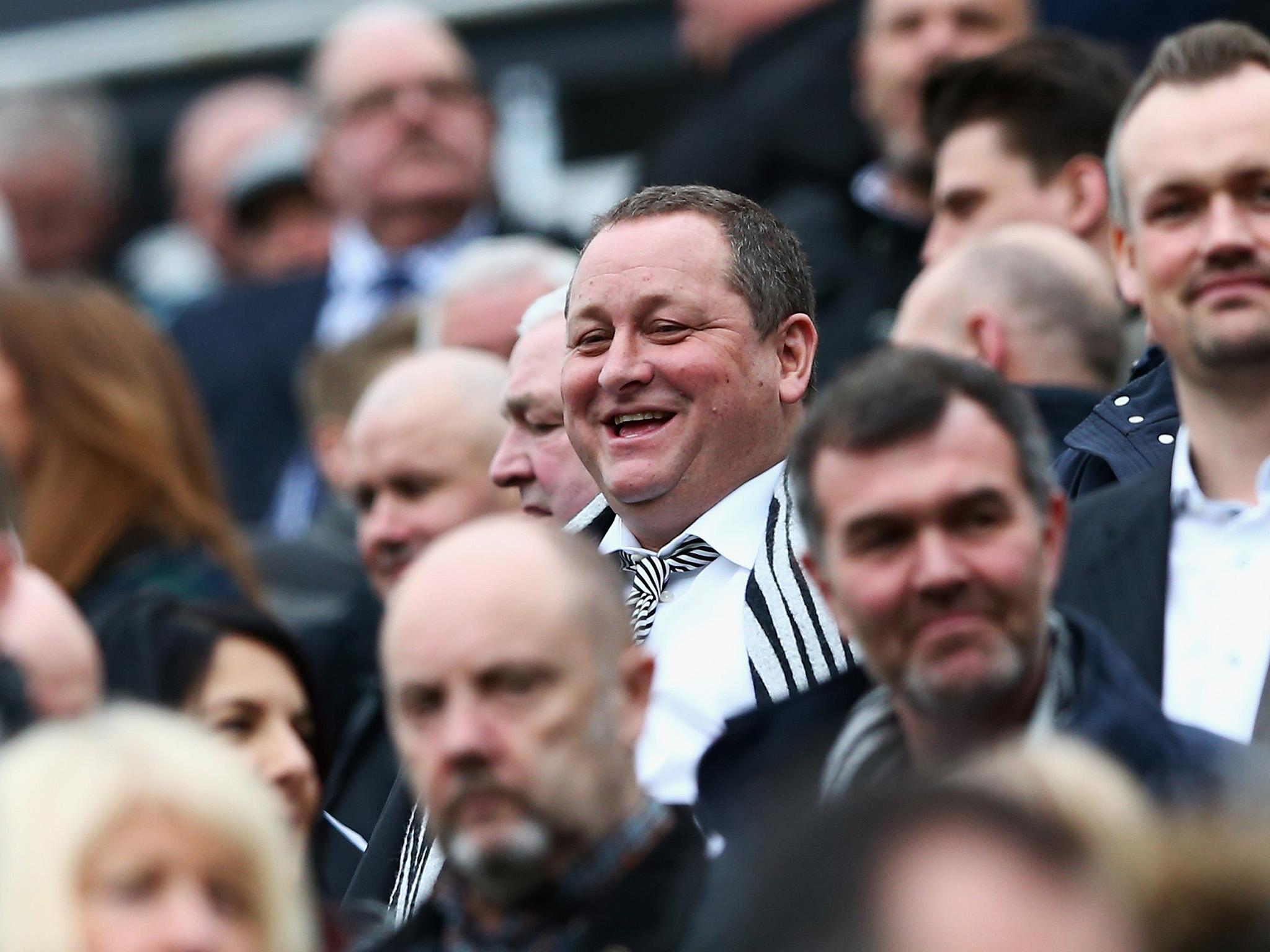
Watford: Yes, I admit I thought it was owned by Elton John. But it turns out to be Gino Pozzo, an Italian, son of a guy who runs clubs in Spain and Italy.
West Bromwich Albion: Owner is a Chinese businessman, Guochuan Lai, property development and construction.
West Ham United: the two Davids: David Sullivan and David Gold. They made their money out of porn, adult magazines, films, and other services to humanity. Sullivan was born in Wales but once lived in Hornchurch, so I consider him to be an Essex boy. Gold was born near the old Boleyn Ground. You can’t get more local than that. And their genius is that they managed to get the Stratford Olympic stadium for peanuts. I think West Ham come out on top after all. And, in the shape of Karren Brady, the “First Lady of Football”, we have a woman vice-chairman to boot.
Perhaps fans don’t care who owns a club so long as they’re winning. I suspect that Nick Hornby of Fever Pitch fame wouldn’t care about Kroenke's other activities if only Wenger could put some serious silverware on the mantelpiece. We learn to turn a blind eye. Kuper and Szymanski in Soccernomics argue in favour of “Sugar Daddies”. Overall, they think football is better off with unfair play. When a foreign potentate or tycoon helicopters in, it’s the footballing equivalent of winning the lottery. Obviously everybody wants to win. Nobody wants to lose. Big bucks win. “With all the money in the world,” says Man City Tim, “you couldn’t have bought that moment [when Man City won the Premier League for the first time] – but you couldn’t have done it without the money. ”
But I think there is always, oddly enough, contrary to all appearances, a persistent ethical dimension in football. After all ex-goalie (and philosopher) Albert Camus said that he learned everything he knew about morality from playing football. We disapprove, for example, of actual criminals having possession of a club. You could say the attachment to a club is almost metaphysical because it has something to do with a soul that (rather like Dr Who, for example) can survive various reincarnations. But what if a soul is sold, what then?
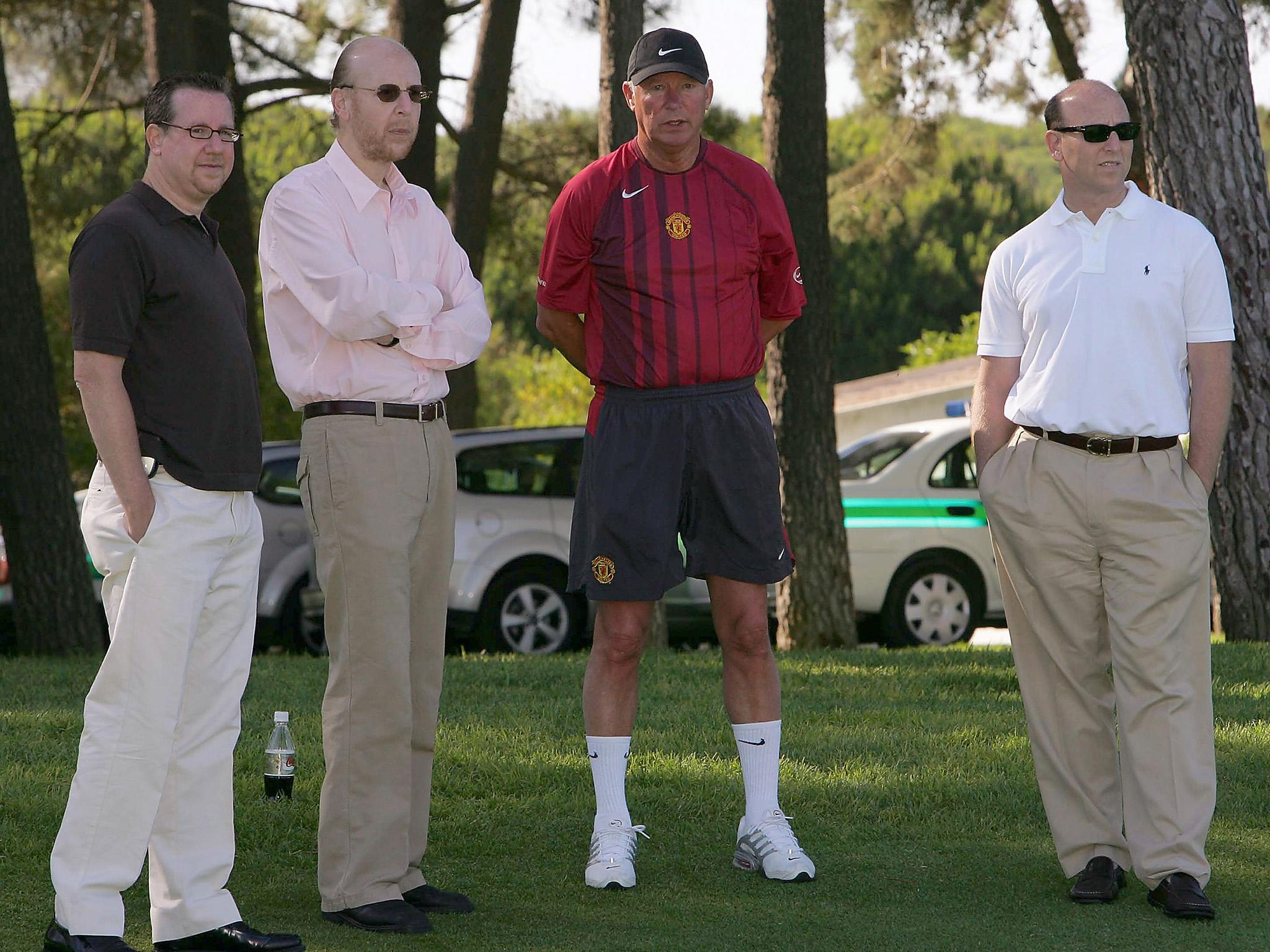
Football is (fairly) non-violent tribalism. It may have triggered the occasional war (between Honduras and El Salvador in 1969), but perhaps in the long term it can be a substitute for war. I am completely pro-freedom of movement where managers and players are concerned and probably enjoy the post- (and pre-) match Babel of conversation about the game as much as the game itself, but I can’t help but feel that some minimum element of localism is inherent if supporters want to feel invested in a club and preserve that weird sense of belonging.
Looking abroad for alternate models to the Premier League, my Ipswich Town (Championship) friend Bruce points out that the Spanish and German models are attractive, with a lot of fan ownership. For starters the national teams of Spain and Germany haven’t done too badly in recent days. And their teams are also right up there in the Champions League.
But then you also have the same teams winning year after year. Which can get a little repetitive. I think this could be one of those times where we can learn something from the American cousins. They are actually more egalitarian than we are, irrespective of ownership. The team finishing bottom of the league in America (in NFL) gets first pick of the draft.
I can remember playing on my fair share of pitches as a kid where you were playing uphill for one half and the ball was running away from you for the other half. I still reckon we could do with levelling the playing field.
Andy Martin is the author of Reacher Said Nothing: Lee Child and the Making of Make Me. He teaches at the University of Cambridge.
Join our commenting forum
Join thought-provoking conversations, follow other Independent readers and see their replies
Comments
Bookmark popover
Removed from bookmarks